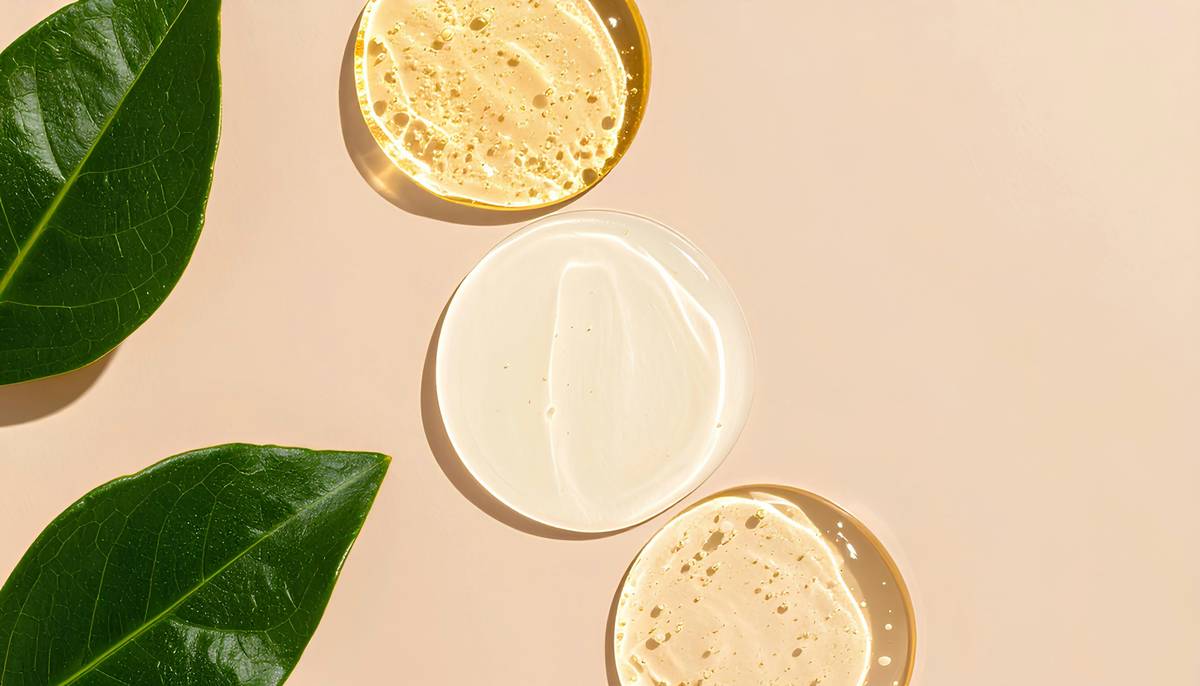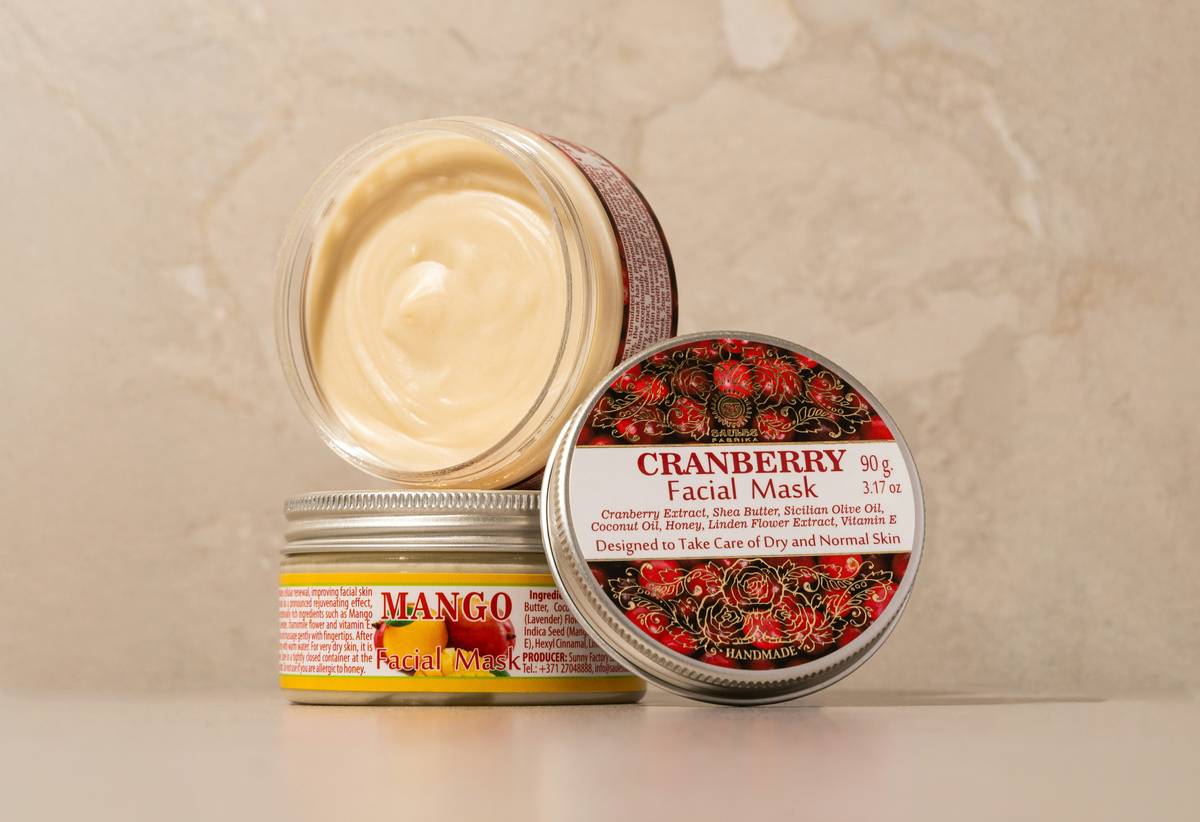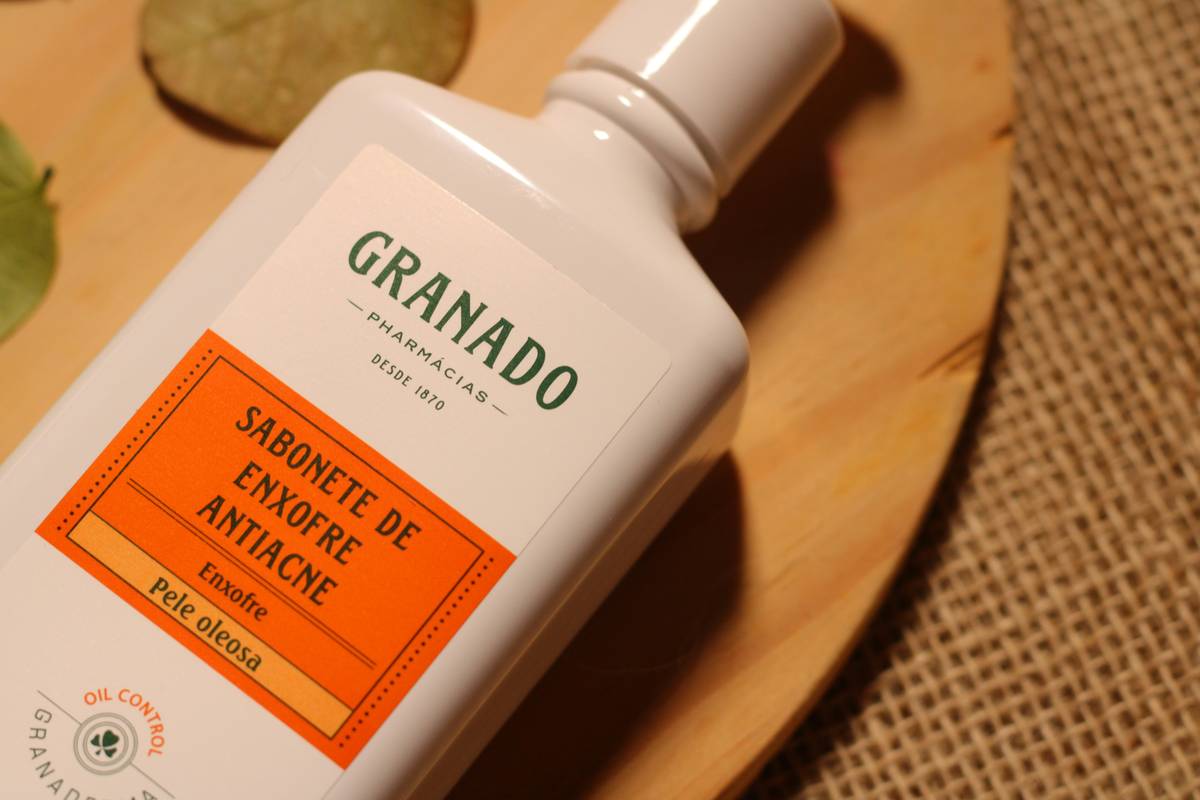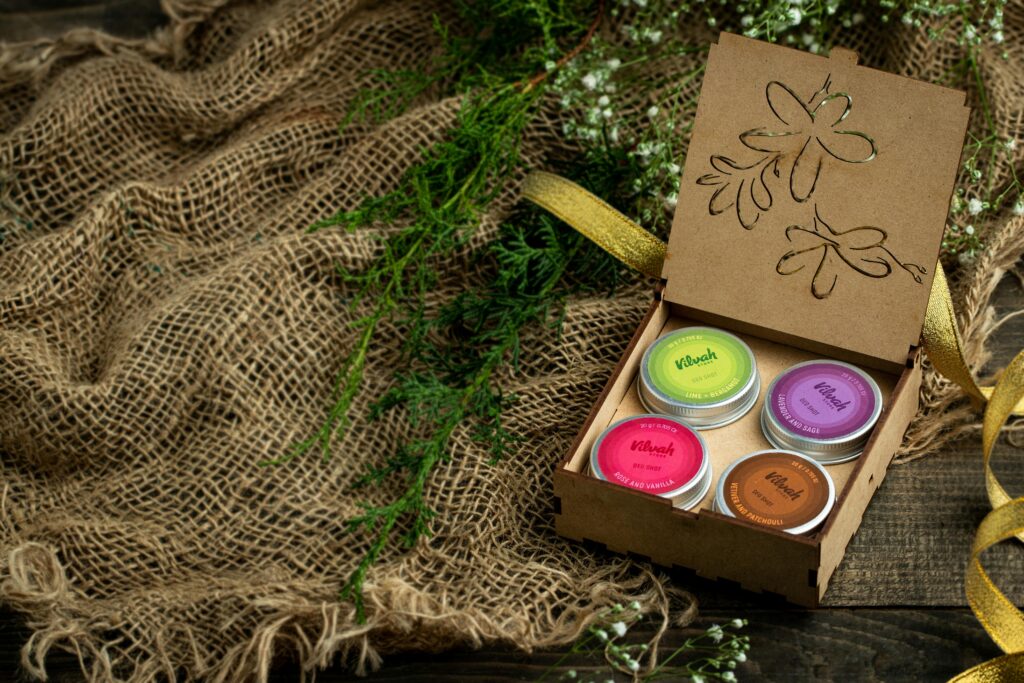Ever stared at your reflection and thought, “Why does my skin look so tired…again?” You’re not alone. Many people struggle to maintain hydrated, glowing skin—even when they’re doing all the “right” things. But what if the missing piece wasn’t another expensive cream or trending serum? What if it was as simple (and wholesome) as using an organic moisturizer infused with ingredients nature herself created?
In this article, we’ll dive deep into why switching to a natural moisture boost could be the game-changer for your skincare routine. Here’s what you can expect:
- The surprising truth about synthetic moisturizers.
- A step-by-step guide on choosing the perfect organic moisturizer.
- Tips, tricks, and real-life success stories from beauty enthusiasts just like you!
Table of Contents
- Key Takeaways
- The Problem with Synthetic Moisturizers
- How to Choose the Best Organic Moisturizer
- Top Tips for Using Organic Moisturizers Effectively
- Success Stories: Real Women Sharing Their Natural Moisture Journey
- FAQs About Organic Moisturizers
- Conclusion
Key Takeaways
- Synthetic moisturizers often contain harsh chemicals that may damage your skin long-term.
- Organic moisturizers are packed with nutrient-rich ingredients that provide a natural moisture boost without harmful additives.
- Choosing the right product depends on your skin type—know yours before you shop!
- Pairing your organic moisturizer with proper hydration techniques will amplify results.
- Real users have seen significant improvements in their skin texture and glow after switching to organic options.
The Problem with Synthetic Moisturizers

Let me tell you about the time I slathered myself in what I thought was a miracle cream. Glowing reviews promised softness and radiance—but instead, I ended up with red splotches and an unbearable itch. Turns out, hidden parabens and synthetic fragrances were wreaking havoc on my sensitive skin. And trust me, *you do NOT want to know how many hours I spent Googling ‘why is my face burning.’*
Here’s the dealbreaker: synthetics are notorious for clogging pores, irritating sensitive areas, and even accelerating aging over time due to chemical buildup. That $80 jar might feel luxurious now, but the price tag doesn’t guarantee safety—or sustainability.
How to Choose the Best Organic Moisturizer

Optimist You: “There must be something better out there!”
Grumpy You: “Of course there is, but only if you’re willing to do the research…” So here goes.
Step 1: Check the Ingredients List
Ingredients should read like a farmer’s market haul: shea butter, jojoba oil, aloe vera, green tea extract. No tongue-twisting chemicals like methylisothiazolinone (*say what?!*).
Step 2: Match It to Your Skin Type
Dry skin? Opt for thicker creams rich in hyaluronic acid. Oily? Look for lightweight gels formulated with cucumber or witch hazel. Combination? Balancing oils such as argan work wonders.
Step 3: Research Brand Ethics
Does the company practice sustainable sourcing? Are they cruelty-free? If these matter to you (and let’s be honest—they SHOULD), dig deeper.
Top Tips for Using Organic Moisturizers Effectively
- Less is More: A pea-sized amount usually covers your entire face.
- Apply After Cleansing & Toning: This locks in hydration.
- Layer Lightly: Start with thinner products and build upward to heavier ones.
- Massage Gently: Use upward strokes to stimulate blood flow.
- Drink Water Like Crazy: Even the best natural moisture boost needs backup hydration from within.
Success Stories: Real Women Sharing Their Natural Moisture Journey

Sarah K., a busy mom of three, shares her transformation story:
“I didn’t realize how much my body wash and moisturizer were drying me out until I switched to a fully organic routine. Within weeks, my eczema cleared up, and my face felt smoother than ever!”
Proving once again: Mother Nature knows best.
FAQs About Organic Moisturizers
Are organic moisturizers actually effective?
Absolutely! Ingredients like rosehip oil and vitamin E pack serious hydration power.
Can I use organic moisturizer daily?
Yes, especially if it’s tailored to your skin type. Consistency is key!
Do organic moisturizers expire faster?
Sometimes, yes. Always check expiration dates and store them properly (hello, fridge storage tip!).
Conclusion
Giving your skin a natural moisture boost doesn’t mean sacrificing quality or effectiveness. By swapping out synthetics for organic alternatives, you’re not only treating yourself—you’re supporting ethical practices and cleaner living too.
So next time someone tells you glowing skin requires crazy effort, hand them this guide and smile knowingly. Because sometimes, simplicity really is… chef’s kiss.
Glow bright like sunlight, Nature's touch, your secret tool, DIY skin revival.


